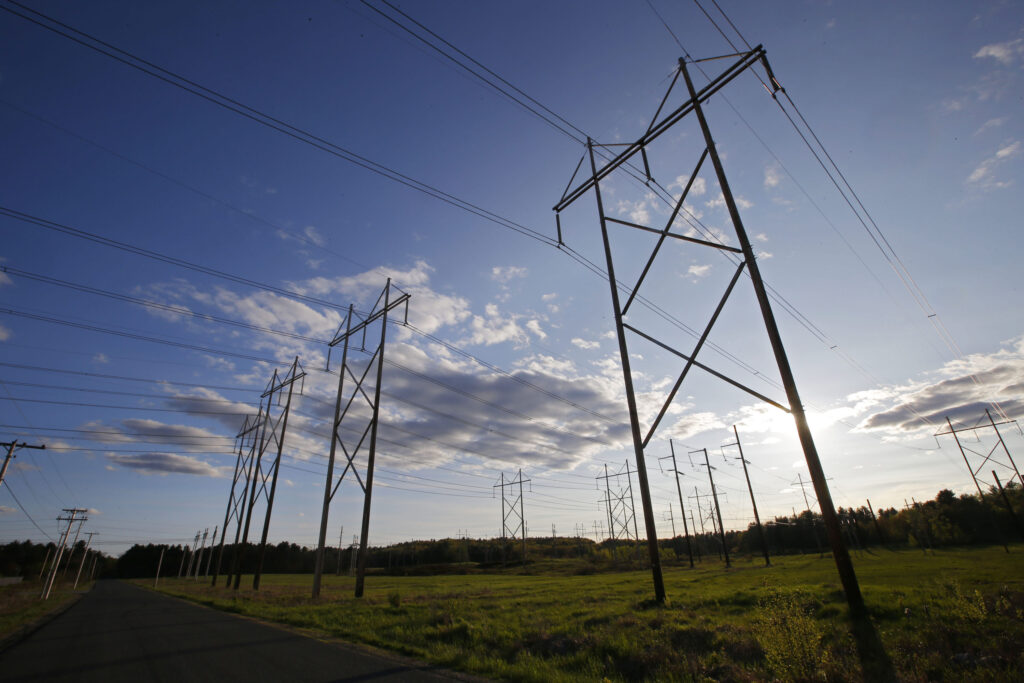Maine’s highest court rejects plan to split ballot question
2 min read
Maine’s highest court has rejected a lawsuit seeking to split a referendum on a controversial hydropower project into three separate questions.
A lawsuit filed by state Rep. Chris Caiazzo D-Scarborough, called for splitting the referendum into three questions asking voters if transmission lines on public land should require a two-thirds vote of the Legislature, if large scale transmission lines on public land should require a similar vote and a ban transmission lines in the upper Kennebec region.
Caiazzo argued in the legal challenge that splitting the referendums into separate questions would allow voters to “better understand” the issue and make decisions about specific aspects of the hydropower project.
But the Supreme Judicial Court unanimously rejected the lawsuit in a ruling issued on Thursday, which clears another hurdle for the referendum to appear on the November ballot.
Opponents of the 145-mile hydropower transmission line project argued the litigation was a last-ditch attempt to defeat the referendum by confusing voters.
Secretary of State Shenna Bellows certified more than 80,000 signatures turned in by opponents of the project in February, clearing a major hurdle to putting the question before voters.
The referendum, as currently worded, would ask voters: “Do you want to ban the construction of high-impact electric transmission lines in the Upper Kennebec Region and to require the Legislature to vote on other such projects in Maine retroactive to 2014, with a two-thirds vote required if a project uses public lands?”
Central Maine Power’s $1 billion New England Clean Energy Connect calls for providing up to 1,200 megawatts of Canadian hydropower to the New England region.
The companies say the project will create jobs, help green the regional power grid and reduce greenhouse gas emissions that scientists say are contributing to climate change.
The utility argues that the clean energy project is good for the environment and it will reduce carbon emissions that scientists say are contributing to climate change.
Opponents say the project would carve through scenic swaths of untouched forest in the North Maine Woods and lead to a loss of jobs and recreational tourism.
The No CMP Corridor PAC, a coalition of environmental groups opposed to the project, had gathered enough signatures to put a similar question to voters in the Nov. 3 elections, but the state’s Supreme Judicial Court deemed it unconstitutional.
The new question asks voters if they want to ban transmission lines in the Upper Kennebec region and require legislative approval of lines longer than 50 miles, which would include the CMP corridor.
This article was originally posted on Maine’s highest court rejects plan to split ballot question





